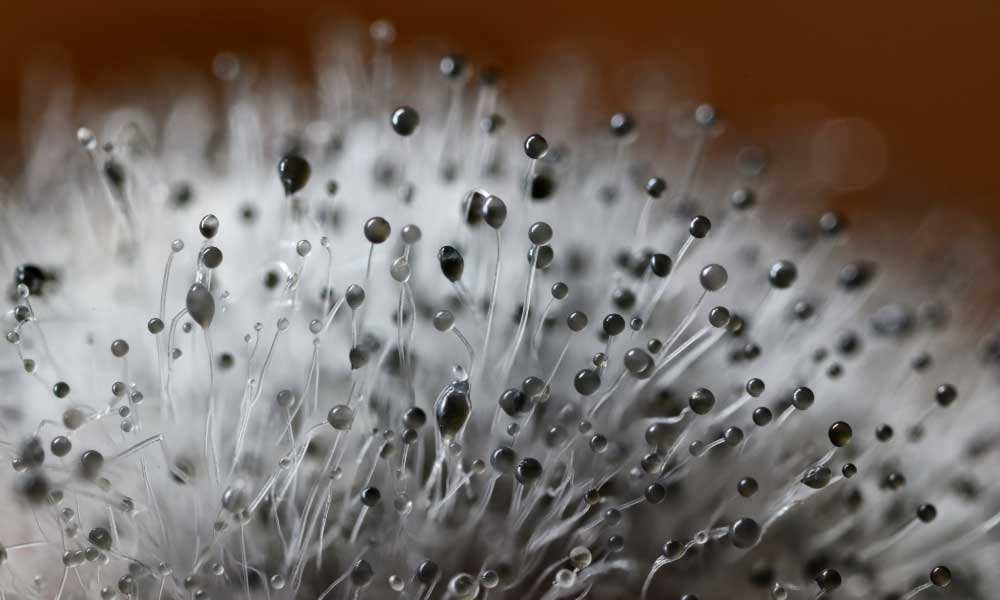
Avocado Description & Health Benefits
- Avocados are a member of the Lauraceae family and are native to Mexico and Central America.
- Botanically avocados are a fruit and more precisely a berry.
- There are hundreds of varieties of avocado, but seven types of avocados are grown commercially in California. Florida and Hawaii also grow commercial avocados.
- Varieties vary by size, texture, and shape. Varieties can be oval, round, or pear shaped. With so many varieties accessible, avocados are available year round at your grocer.
- Avocados contain an array of vitamins and minerals, including fiber, vitamin K, folate, B vitamins, potassium, magnesium, and more. They are a nutrient dense option for everyone!
- Fiber supports a healthy digestive system; vitamin K plays an important role in blood clotting; folate protects against neural tube defects in pregnant women; B vitamins convert the food you eat to energy; potassium can help lower blood pressure; and magnesium normalizes muscle and nerve contraction.
- Avocados are the only fruit which contain monounsaturated fats.
- Monounsaturated fats lower both total and low-density lipoproteins (LDL) cholesterol levels when replacing saturated fats in the diet. Saturated fats are found in meat and dairy products.
- Other sources of monounsaturated fats include olive oil, canola oil, peanuts, and tree nuts.
Selecting & Storing Avocados
- Select an avocado based on when you plan on using it. For same-day use, purchase a ripe avocado. If you do not plan on using the avocado right away, choose an unripe avocado.
- Depending on the variety of avocado, some avocados will turn dark purple/black when ripe, but this does not happen with all varieties so it is not always an accurate indicator of ripeness.
- A ripe avocado will slightly indent to firm, gentle pressure. Hold the avocado in your hand and gently press it with your thumb. The avocado should give a little under the pressure of your thumb if it is ripe.
- Unripen avocados are hard and will not indent to pressure.
- Store unripe avocados at room temperature. An unripe avocado should ripen within 4-5 days.
- Once ripe, store in the refrigerator for up to two days prior to use. A ripe avocado will become overripe and spoil if left at room temperature. The cold temperature of the refrigerator slows the ripening of the avocado.
- Put the unripe avocado in a paper bag to ripen faster. Adding a banana or apple to the bag will ripen the avocado faster due to the natural ethylene gas these fruits give off.
- Avoid avocados that are dented, have bruises, loose skin, or when the stem end is beginning to show decay.
Preparation
- Wash the avocado with water. Using a cutting board, cut avocados in half lengthwise, and rotate until you have cut completely around the avocado pit which is in the center of the fruit. Twist each half to separate them. Take a spoon and scoop out the seed from the flesh. Further, quarter the avocado and peel off the skin from each quarter or use a spoon to scoop out the green flesh from each half of the avocado.
- The flesh of an avocado oxidizes or turns brown when exposed to air. Squeeze a generous amount of lemon juice on the avocado flesh to reduce browning.
- Store cut avocados in the refrigerator in an airtight container.
Avocado Nutrition Facts
1/2 cup cubed
Calories: 120 | Protein: 1.50 g | Fat: 11.00 g | Carbohydrate: 6.40 g | Fiber: 5.0 g | Sugars: 0.50 g Calcium: 9 mg | Magnesium: 22 mg | Potassium: 364 mg | Vitamin C: 7.5 mg | Folate: 61 μg | Vitamin A: 110 IU | Vitamin K: 15.8 μg
Recipes
Request an Appointment
